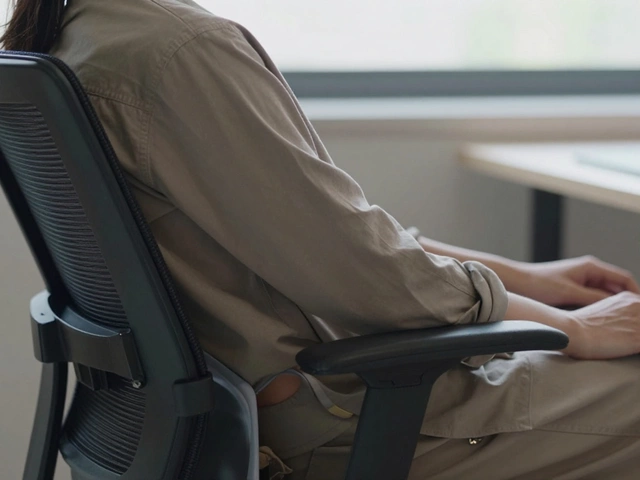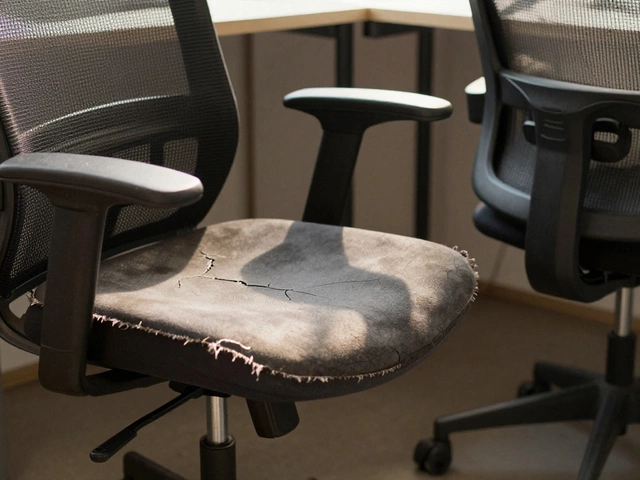Medical Recliners: What They Are and Why You Need One
If you’re dealing with an injury, surgery, or a chronic condition, a medical recliner can make daily life easier. These chairs are built to help you sit, stand, and rest without straining. Unlike a regular sofa, a medical recliner has sturdy frames, smooth lift mechanisms, and supportive cushions that keep you comfortable while you heal.
Key Features to Look For
First, check the lift system. Power lifts work with a button and raise you from a seated position to standing. If you’re on a budget, a manual lever can do the same job, just a bit slower. Second, think about the recline angle. A good medical recliner lets you tilt the back to at least 135 degrees, so you can relax and keep your spine in a safe position.
Third, pay attention to the seat size and cushioning. Wide seats with high-density foam spread weight evenly and reduce pressure points. Look for removable, washable covers – they keep the chair fresh and make cleaning simple. Finally, safety rails are a must if you’re prone to falls. Easy‑to‑reach handles give you confidence when getting in and out.
Choosing the Right Recliner for Your Space
Measure the room before you buy. Most medical recliners need about 3 feet of clearance behind them for the lift to work and for you to step out safely. If space is tight, consider a model with a compact footprint or a wall‑hug design that slides the seat forward when you lift.
Think about power options, too. Electrical lifts need a nearby outlet, but many chairs come with battery backups for a few minutes of use during a power cut. If you travel often, a lightweight, fold‑down model can be moved easily, but it may lack some heavy‑duty features.
Lastly, read reviews specific to your condition. People with hip replacements often praise chairs with a low seat height, while those with back pain value extra lumbar support. Matching the recliner’s strengths to your needs saves you money and frustration.
With the right medical recliner, you’ll find it easier to get up for meals, answer the door, or just relax after therapy. It’s an investment in comfort that helps you stay independent and reduces the risk of falls during recovery.
Can a Doctor Write a Prescription for a Lift Chair?
A lift chair can be a lifesaver for individuals with mobility issues. But can your doctor actually write a prescription for one? Dive into the ins and outs of getting a lift chair with a doctor's help, the potential health benefits, and what you should know before you consider it as an option.





